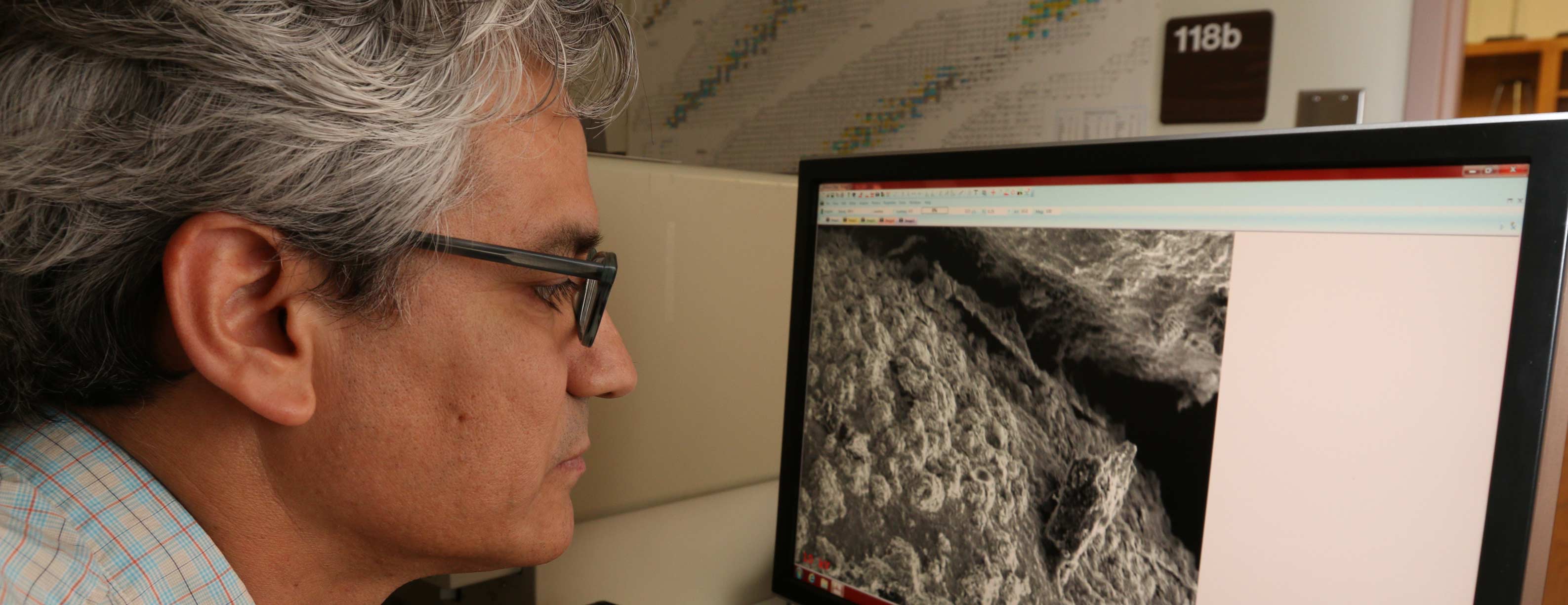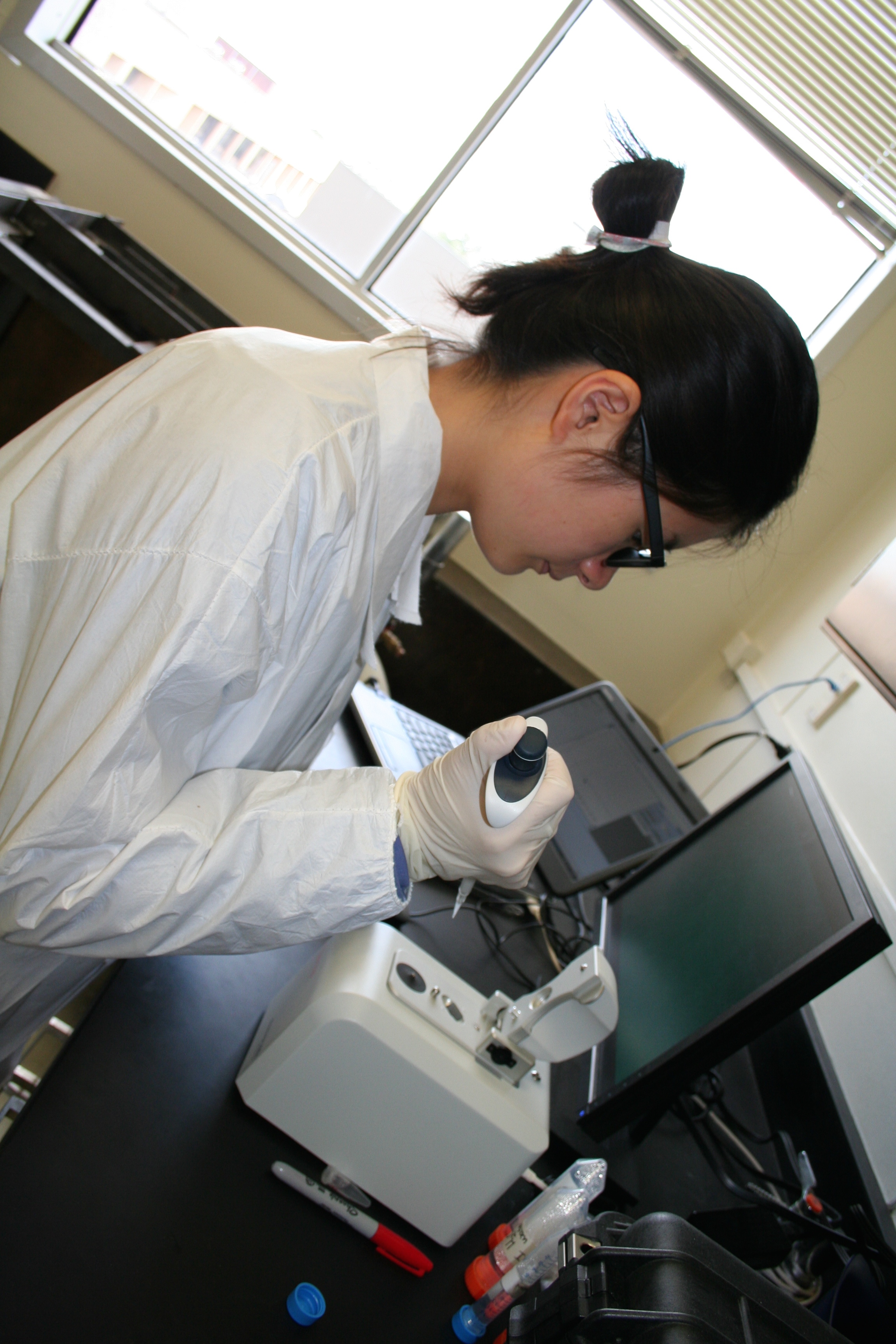
Our individual areas of research are:

The Department of Nuclear Engineering at Texas A&M University is considered to be one of the best programs nationwide among peer institutions. It is involved in research across multiple areas of study, including reactor physics and computational science, nuclear security research, nuclear power engineering, nuclear materials, and health and medical physics.
Our department averages over $10 million in research expenditures annually and takes pride in maintaining experts in their respective fields. Students in our program conduct groundbreaking research and can focus on areas such as nuclear fuels, solid/ion interactions, particle transport, large-scale scientific computing, materials and extreme environments, reactor safety, design of advanced nuclear reactors, thermal hydraulics, computational fluid mechanics, reactor kinetics and control, plutonium disposition, space nuclear power systems, radiation interactions with living tissue, dosimetry and medical radionuclides.
Our research facilities include two research reactors, five accelerators (including a unique microbeam device for determining the response to ionizing radiation on a cell-by-cell basis), an interphase transport phenomena laboratory, a thermal-hydraulic research lab, a nuclear heat transfer systems laboratory, a radiation-detection measurement laboratory, a nuclear power plant simulation engineering laboratory and a systems radiobiology laboratory.